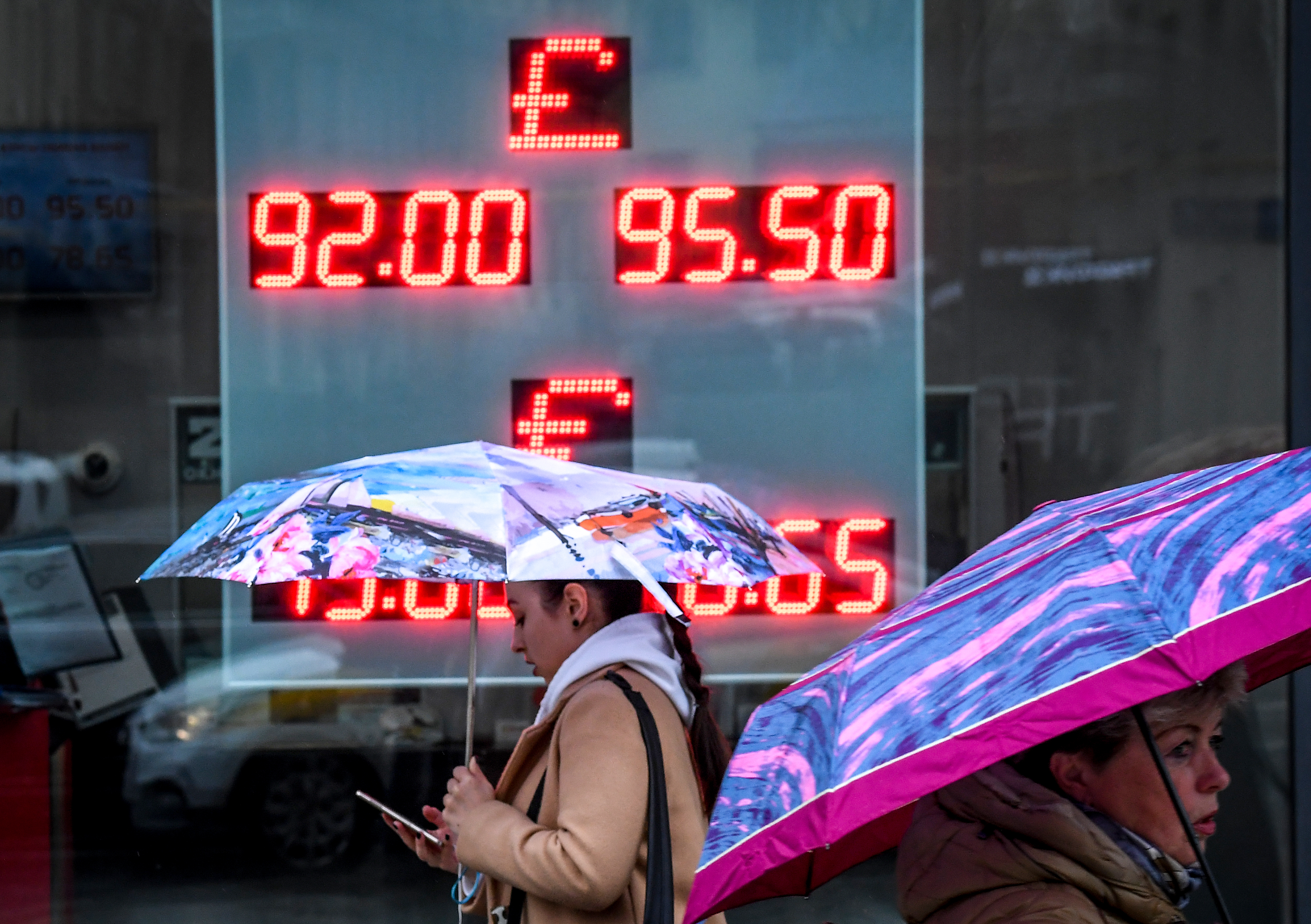
LONDON: Oil prices jumped by around 8 percent yesterday a day after the biggest rout in nearly 30 years as investors eyed the possibility of economic stimulus and Russia signalled that talks with OPEC remained possible. US President Donald Trump on Monday said he will be taking "major" steps to gird the US economy against the impact of the spreading coronavirus outbreak, while Japan's government plans to spend more than $4 billion in a second package of steps to cope with the virus.
Brent crude futures were up $2.80, around 8 percent, to $37.16 a barrel by 1354 GMT, after hitting a session high of $38.22 a barrel. West Texas Intermediate (WTI) crude gained $2.42, or around 8 percent, to $33.55 a barrel, after hitting a high of $34.60. Kuwait oil prices plummeted by $15.56 per barrel on Monday to $34.26 pb compared to last Friday's $49.82 pb closing, according to Kuwait Petroleum Corporation (KPC) yesterday.
Trading volumes in the front-month for both contracts hit record highs in the previous session after three years of cooperation between Saudi Arabia and Russia and other major oil producers to limit supply fell apart on Friday, triggering a price war for market share. Saudi, the world's biggest oil exporter, escalated tensions with plans to supply 12.3 million barrels per day (bpd) in April, well above current production levels of 9.7 million bpd, Saudi Aramco CEO Amin Nasser said yesterday. April's crude supply will be "300,000 barrels per day over the company's maximum sustained capacity of 12 million bpd," Nasser said in a statement received by Reuters.
Aramco to boost supply
Saudi Aramco said yesterday it will boost crude oil supplies to 12.3 million barrels per day in April, flooding markets as it escalates a price war with Russia. Riyadh had already slashed its price for April delivery after Russia refused its proposal that producer alliance OPEC+ orchestrate a co-ordinated cut of 1.5 million barrels per day.
The production cut had been mooted to shore up global oil prices, which have gone into meltdown as the deadly new coronavirus casts a pall over the world economy, but now price cuts and rising output indicate an unraveling of OPEC+ co-operation. "Saudi Aramco announces that it will provide its customers with 12.3 million barrels per day of crude oil in April," the company said in a statement to the Saudi stock exchange.
Saudi Arabia, the world's biggest crude exporter has been pumping some 9.8 million bpd so its announcement yesterday means it will be adding at least 2.5 million bpd from April. "The Company has agreed with its customers to provide them with such volumes starting 1 April 2020. The Company expects that this will have a positive, long-term financial effect," the statement said.
Saudi Arabia says it has an output capacity of 12 million bpd but it is not known for how long it can sustain such levels. The kingdom also has millions of barrels of crude stored in strategic reserves to be used when needed and is expected to use it to provide the extra supply to the global market. "Production above 12 million bpd shows the Saudis have something to prove," director of Britain-based RS Energy Bill Farren-Price said.
"This is a grab for market share. The taps are open and the prices have been cut sharply," Farren-Price said. In a quick response, Russian Energy Minister Alexander Novak said Moscow could boost production in the short term "by 200,00-300,000 bpd, with a potential of 500,000 bpd in the near future".
But he stressed that Moscow was in favor of extending a December agreement that had seen OPEC and Russia agree to cut production by 500,000 barrels per day in 2020, lowering output from October 2018 levels by 1.7 million barrels per day. The events of recent days have signalled a disintegration of collaboration between OPEC and Russia.
OPEC+ meeting unlikely
But in response, Saudi Arabia's energy minister told Reuters he did not see a need to hold an OPEC+ meeting in May-June if there was no agreement on what measures should be taken to deal with the impact of the coronavirus on oil demand and prices. "I fail to see the wisdom for holding meetings in May-June that would only demonstrate our failure in attending to what we should have done in a crisis like this and taking the necessary measures," Prince Abdulaziz bin Salman said.
"Price wars and pandemics are nothing new to the commodity markets, but both occurring simultaneously is something we have yet to witness in our careers," RBC analysts said in a note. "Such action will test the market's self-balancing mechanism absent the backstop of OPEC, a mechanism that has not been tested since the US shale boom was in its infancy," they added.
Sentiment was also lifted after Chinese President Xi Jinping visited Wuhan, the epicenter of the coronavirus outbreak, for the first time since the epidemic began, and as the spread of the virus in mainland China slows sharply. China, the world's second-largest oil consumer, is trying to get people in hard-hit Hubei province back to work by using a mobile phone-based monitoring system that will allow people to travel within the province.
Crude was also supported by hopes for a settlement to the price war and potential US output cuts, although analysts warned gains may be temporary as oil demand continues to be hit by the virus outbreak, which has spread beyond China and prompted Italy to implement a nationwide lockdown. US shale producers rushed to deepen spending cuts and could reduce production after OPEC's decision to pump full bore into a global market hit by shrinking demand. "When you look at the leverage the industry is in, at prices of around $30, it's not profitable," said Jonathan Barratt, chief investment officer Probis Group. - Agencies










